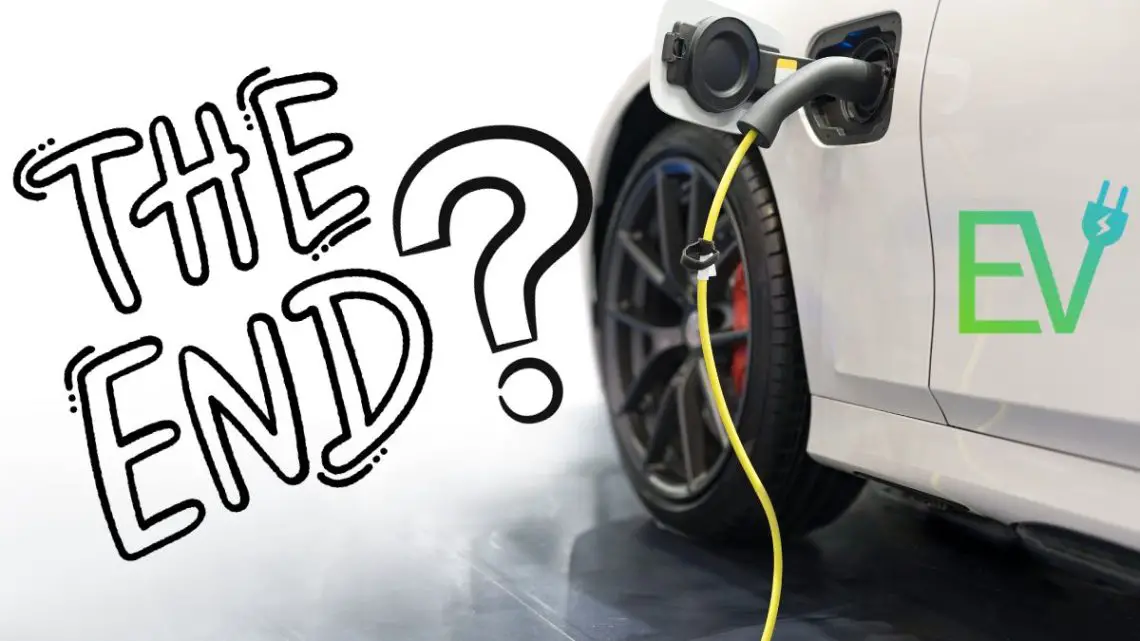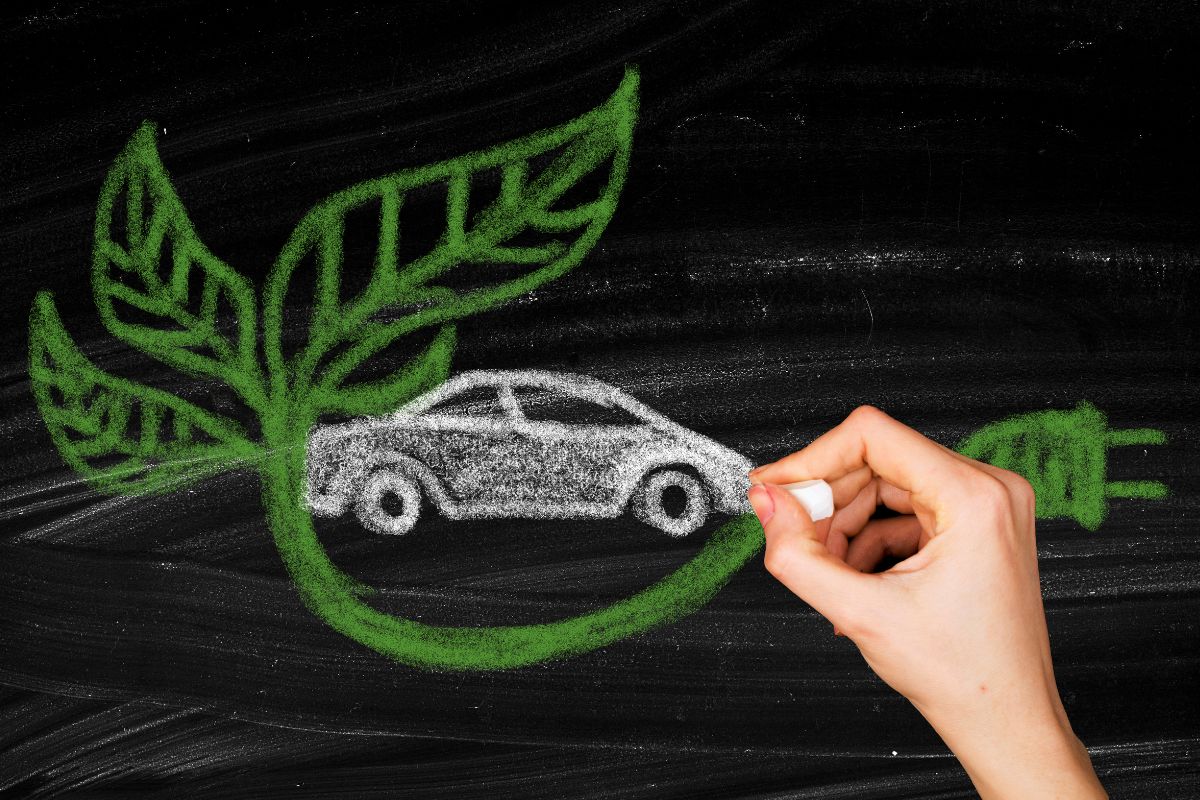
Could Toyota’s ammonia engine bring the end of EVs?
October 25, 2023The automaker’s groundbreaking sustainable technology could change the shape of transportation.
Toyota is accustomed to making headlines about emission-free vehicle designs and has caught headline attention recently with its ammonia engine innovations.
The technology is the result of a collaboration with the GAC Group Chinese state-owned manufacturer.
The ammonia engine is a form of internal combustion engine (ICE) powered primarily by ammonia, a molecule comprised of a nitrogen atom and three hydrogen atoms. It does not contain carbon. As a result, when it’s burned in an ICE, it does not release carbon dioxide, one of the major greenhouse gases. In the effort to decarbonize, the potential of this type of technology is considerable.
While Toyota has been moving forward with a diverse approach that includes battery electric vehicles, it has also had a notable focus on hydrogen cars. That said, this new design offers another promising alternative, particularly when keeping its high energy density in mind. This can make it a solid option for sectors where energy storage efficiency and transportation are central, such as power generation and transport.
Another plus regarding the ammonia engine is that the fuel is plentiful and readily available.
Producing this fuel mainly involves the use of nitrogen and hydrogen, each of which is available. As a result, the technology could prove to be both cost effective and environmentally friendly at the same time.

The technology is the result of a collaboration between Toyota and GAC. This partnership brought about a prototype that runs on liquid ammonia. The 2-liter, 4-cylinder ammonia engine generates a 161-horsepower output, and the companies claim that it cuts carbon emissions by 90 percent. This could offer an important new option for vehicle design and could contribute to the decarbonization of the transport sector.
Barriers remain
 Still, it’s important to note that there remain challenges to powering vehicles with an ammonia engine. The technology remains in its infancy and among the barriers include the ability to effectively manage combustion pressure to overcome issues with nitrogen emissions.
Still, it’s important to note that there remain challenges to powering vehicles with an ammonia engine. The technology remains in its infancy and among the barriers include the ability to effectively manage combustion pressure to overcome issues with nitrogen emissions.
In this area, the team found themselves facing a number of hurdles. Still, the concept has been created and there is no reason to believe that it cannot be moved forward until it suits a commercially available vehicle.
FAQs about Ammonia Engine
- Can you define an ammonia engine? An ammonia engine is a type of internal combustion engine (ICE) that primarily uses ammonia as its fuel. Notably, ammonia is a compound consisting of one nitrogen atom and three hydrogen atoms and doesn’t contain carbon, thus eliminating carbon dioxide emissions when it’s burned.
- Who developed the ammonia engine technology? This innovative ammonia engine technology is a product of a collaboration between Toyota and the Chinese state-owned manufacturer, GAC Group.
- What makes the ammonia engine a significant sustainable technology? The ammonia engine is considered revolutionary in sustainable technology as it doesn’t emit carbon dioxide, a major greenhouse gas, contributing significantly to the decarbonization efforts in the transportation sector. Additionally, the fuel, ammonia, is abundant and easily accessible, which could make this technology both cost-efficient and eco-friendly.
- What are the specifications of the ammonia engine prototype by Toyota and GAC? Toyota and GAC have developed a prototype that runs on liquid ammonia. This 2-liter, 4-cylinder engine can generate an output of 161 horsepower and is claimed to reduce carbon emissions by up to 90 percent.
- Are there any existing challenges in implementing the ammonia engine? Yes, there are still hurdles to overcome with the ammonia engine technology. It’s still in its developmental stage, and one of the key challenges is effectively controlling combustion pressure to mitigate issues related to nitrogen emissions.
- Is the ammonia engine the only sustainable technology Toyota is focusing on? No, Toyota continues to explore various sustainable technologies including battery electric vehicles and hydrogen cars, along with the development of the ammonia engine. The ammonia engine adds another promising option to their diverse approach towards sustainable transportation.
- What potential applications does the ammonia engine have? Currently, the ammonia engine is being tested in vehicles. However, due to its high energy density, it could be a viable option for sectors that prioritize energy storage efficiency and transportation, such as power generation and transport sectors.
Ready to test your knowledge on the most abundant element in the universe? Take our fun and engaging Hydrogen Quiz now! [forminator_quiz id=”58712″]



 With over 15 years of reporting hydrogen news, we are your premier source for the latest updates and insights in hydrogen and renewable energy.
With over 15 years of reporting hydrogen news, we are your premier source for the latest updates and insights in hydrogen and renewable energy.
I think that using fuel cell electric cars using hydrogen or ammonia will ultimately be a better idea. Much simpler and less maintenance.
While burning ammonia (NH3) is quite possible, a NH3 internal combustion engine is likely to be no more than about 30% efficient in converting the energy in NH3 to traction. Ammonia is mainly synthesised from hydrogen and air with the Haber-Bosch process using hydrogen produced from fossil methane by steam reforming and the water-gas shift reaction. If the hydrogen feedstock comes from fossil methane the ammonia will be fossil based and not green. If the hydrogen is made cleaner by capturing most of the CO2 produced to be “blue” hydrogen this would be better, but either way it would be far more energy efficient to use the NH3 to power a fuel cell to produce electricity to drive the vehicle traction, which Toyota could do with a modified Mirai car.
I could see this as an interesting approach. We have very mature industry around it and have national pipelines for ammonia in a lot of countries since it’s a key component for fertilizers. It’s also much simpler to keep in a liquid state and has decent energy density, so you could likely adopt a good large tank layout and end up with a much larger range despite low conversion efficiency. Still a far cry from gas’s high density but leagues better than batteries and is easier to transport / design around compared to gas / liquid hydrogen.
I do wonder if it’s possible to create a direct ammonia fuel cell though since ammonia is a hydrogen carrier. You’ll have a much better efficiency and likely higher range with that setup. Another I’d like to see more is Liquid Organic Hydrogen Carriers (LOHC), possibly a direct fuel cell for that as well. It’s much easier to handle and it can be a liquid in ambient temperatures and pressure, making handling of it as simple as gasoline. Energy density is pretty near liquid ammonia too. The only thing to note is that it needs a bit of heat to dehydrogenate it from toluene (around 200C), though there are research on finding ways to make it lower.